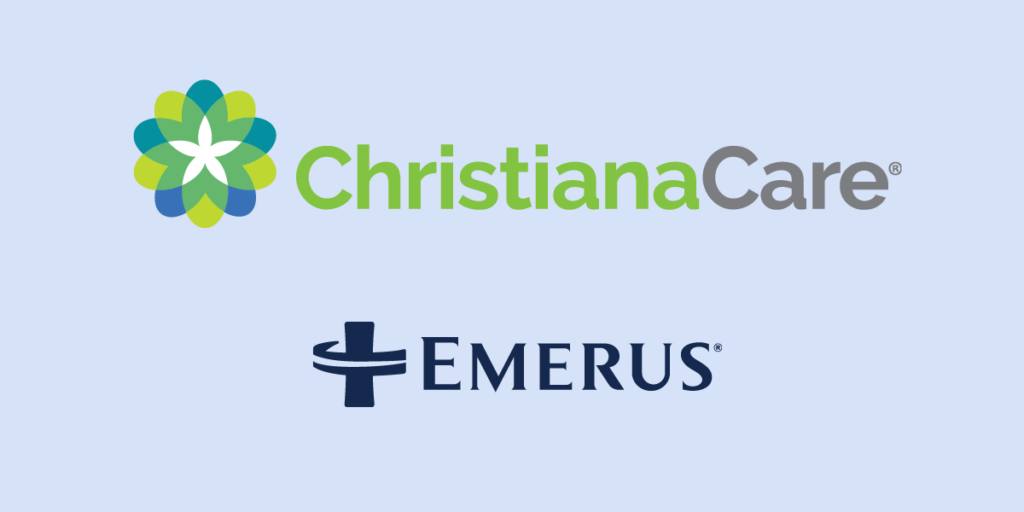Source: The Philadelphia Inquirer
The 10-bed hospitals with small emergency departments in Chester County and Montgomery County will help ChristianaCare and Lehigh Valley Health Network expand their markets.
Southeastern Pennsylvania will get its first micro-hospitals – facilities with small emergency departments and 10 inpatient beds for people who are not seriously ill – as ChristianaCare and Lehigh Valley Health Network seize upon an efficient option for expanding into the Philadelphia market.
Also called neighborhood hospitals, the model is designed to fill coverage gaps in areas that can’t support a full-scale hospital, while allowing health systems to expand their reach into more distant communities. Micro-hospitals are also a way to draw more referrals to the larger health system’s flagship hospitals for advanced care.
ChristianaCare, Delaware’s largest health system, is planning to reopen the former Jennersville Hospital in Penn Township as a micro-hospital early next year. The model would use just one floor of the facility, allowing ChristianaCare to expand on business momentum it has been building for years through primary and specialty care clinics in southern Chester and Delaware Counties.
In northwestern Montgomery County, Lehigh Valley Health Network is building a new micro-hospital expected to open later this year. The single-story hospital along Route 100 near Gilbertsville in Douglass Township is in the middle of an area where Lehigh Valley hopes to compete with Tower Health, whose Phoenixville, Pottstown, and Reading Hospitals dominate the inpatient market. The Gilbertsville micro-hospital and another that the nonprofit Lehigh Valley Health is building in Macungie, closer to its Allentown base, will test a model that Lehigh CEO Brian Nester has seen succeed in Texas and other parts of the country.
But he acknowledged it remains unproven in eastern Pennsylvania’s highly competitive health-care market. “We know we have to get to a future where our cost of doing business is lower than anybody else,” Nester said in a December interview on Thomas Jefferson University’s preliminary agreement to acquire Lehigh Valley Health. “The last thing we need to do is build big box replacement hospitals and big box hospitals.”
Momentum behind micro-hospitals
Treatments and even surgeries increasingly are being moved to outpatient clinics, but hospitals with emergency departments are still where people go for care in times of crisis, such as a heart attack or a serious car accident.
The micro-hospital model allows health systems like ChristianaCare and Lehigh Valley Health to offer low-level acute care services in a community at 20% to 25% of the cost of a full-scale hospital, Philadelphia lawyer Bill Rhodes said last year on a podcast about the micro-hospital trend.
Micro-hospitals typically don’t have operating rooms or teams of high-cost specialists, but the location gives the parent organization access to patients who need specialized care, according to Rhodes and other experts.
“It creates a stronger stream of referrals back to the flagship hospital and, hopefully, captures a greater percentage of the market in these outer service areas and strengthens the referral network,” said Rhodes of Ballard Spahr LLP.
The model is gaining momentum in Pennsylvania.
Allegheny Health Network in 2019 and 2020 opened four micro-hospitals in Western Pennsylvania in a partnership with Emerus Hospital Partners LLC, a company headquartered near Houston that specializes in the development and management of micro-hospitals.
The hospitals have been profitable and successful so far in that they “absorb lower-acuity patients and emergency volume, so that our larger hospitals can more efficiently serve higher-acuity patients,” Allegheny, which is owned by Highmark Health, said in a statement.
Emerus is also partnering with WellSpan Health, a nonprofit health system in central Pennsylvania, to open three micro-hospitals in Cumberland and York Counties.


